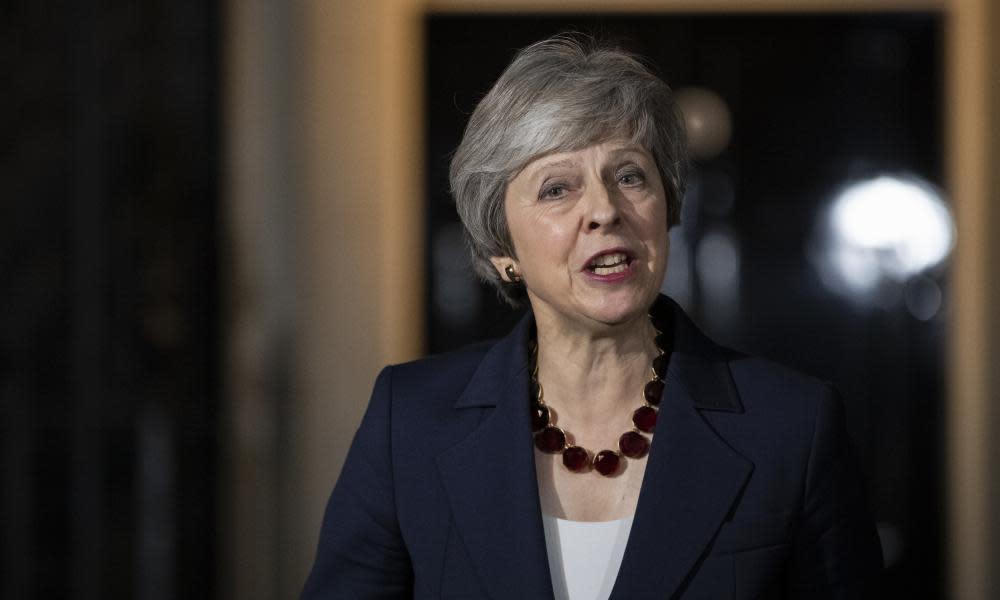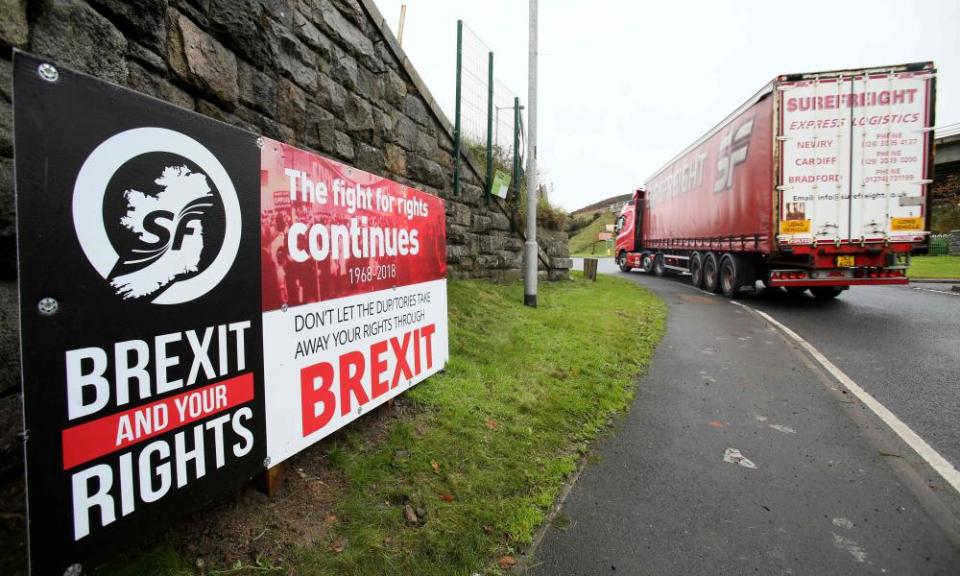Theresa May’s deal is worse for Britain than staying in the EU

The prime minister always told us that no deal is better than a bad deal. She has tried her best to negotiate a good deal, but has ended up with a very bad deal. What is on offer entails the United Kingdom agreeing to pay the European Union another £39bn, in return for 21 months or more of additional talks to see if a new partnership can be arranged. Why would the EU be more willing to offer preferential trade terms and other benefits once we have agreed to pay it a large sum of money, when over the past two years and four months it has not been prepared to do so?
The EU has made it crystal clear that, if a country wants to stay in the customs union and single market, it has to obey all the rules and laws of the EU and cannot enter into new free trade deals with other countries on its own initiative. The EU thinks that if you belong to the single market you have to make budget contributions and accept freedom of movement.
The 17.4 million leave voters fully understood that Brexit meant leaving the single market and customs union as well as the EU: both remain and leave campaigns told them that was so, and the EU agreed; the government also said we would have to leave the single market and customs union. The deal on offer does not respect this, keeping the UK in both the single market and customs union for another 21 months, with further commitments thereafter if a full partnership agreement has not been reached in the meantime.

Why would the EU hasten to agree a new partnership when it would, under this deal, have the UK locked in as a member of the customs union with no unilateral right to leave? Under this deal, the UK would renounce the EU treaty it can get out of and substitute it with another treaty that has no clear exit. It would also mean no vote and voice over the laws and rules that would apply to us – a worsening of the position of being a member, where we had some influence despite often being outvoted.
The prime minister is unlikely to be able to get the complex legislation through the Commons given the large number of opponents on the Conservative and DUP benches. Labour has made clear its opposition to this measure as well. Strong Conservative remain supporters are as opposed to it as pro-Brexit MPs.
The bill to authorise this treaty will be complex because the draft treaty is complex. It would also be a case of take it all or leave it, as the government will have no independent ability to compromise or flex given it is an agreement with the 27 other member states.
So what should the government do? It should return to the EU and explain that the draft treaty is unacceptable to the UK parliament, whose authority is needed to sign it. The government should accept the EU’s position that we cannot be half in and half out of the single market and customs union. It should table a free trade agreement between an independent UK and the EU to start next March.
The EU has offered this for Great Britain but not for the whole of the UK. The government, therefore, has to revisit all the work done on the Irish border issue, and show that the UK need not introduce new fences, control posts and barriers. The border is already a VAT, excise and currency border, and can handle customs dues as well without big delays and difficult intrusions.
Meanwhile, it needs to complete its preparations for leaving next March without signing a withdrawal agreement, given the likelihood that parliament won’t approve this one.
This agreement suits neither side, so it is time to negotiate a better one.

 Yahoo News
Yahoo News 
